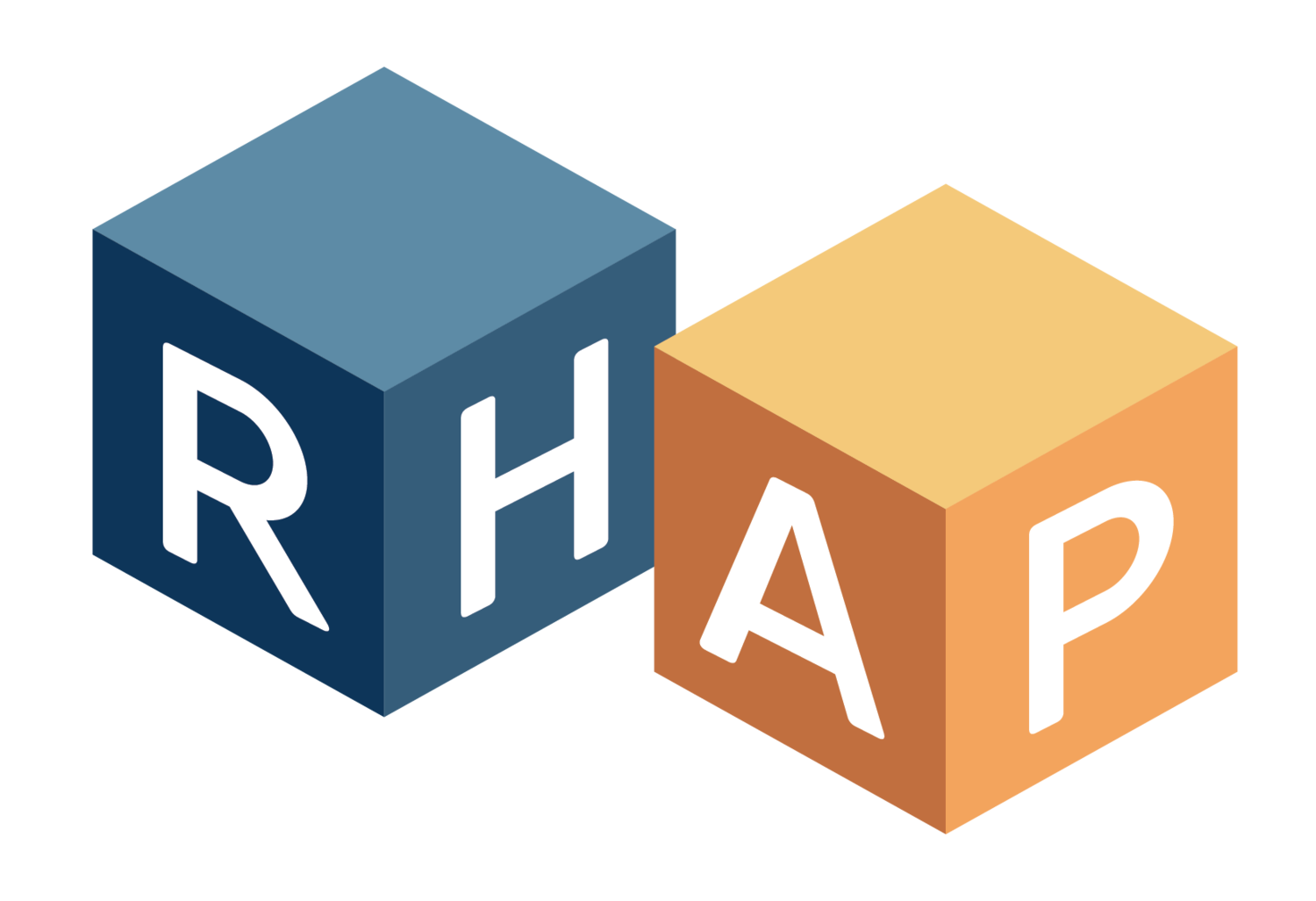Riverdale Housing Animation Programs (RHAP) has been the charitable arm of Riverdale Housing Action Group (RHAG) since 1997.
Riverdale Housing Action Group is a community-based non-profit housing provider, established in 1986, to ensure safe, permanent and rent-geared-to income housing for the most vulnerable in our community.
Our organization owns and manages nine buildings (44 units in the city of Toronto east of the Don Valley) with 96 tenants – 42 families with 35 children. We also “sister” with other agencies and housing providers so that we can reach more people in need throughout the greater Toronto East area.
Who does rhap help?
Single women/ women with children leaving abusive situations or the shelter system.
Homeless individuals/families with mental health issues.
Recovering addicts
Isolated older single women.
Women having had contact with the criminal justice system.
Immigrant Refugees
Indigenous and Native Canadians
WHAT DOES RHAP DO?
RHAP runs comprehensive support programs so that our tenants are able to live independently and stay in their housing. We also help them participate, develop and grow within their community. These are free-of-charge connection services and supports aimed to alleviate poverty by addressing the gap between rich and poor, to break the cycle of poverty and violence.
“100% of community members live below the poverty line. The average family income is $15,918.00 compared to the national average of $38,335.00 which is 58% lower than typical.”
How does rhap do this?
We listen to our tenants so services and programs solve their problems and reflect their ideas. They are involved in the programs, our Board of Directors and our Fund Raising and Programming Committees. This fosters common interests and ensures sustainability and relevance so that needs are met.
What types of programs and services does rhap provide?
RHAG and RHAP services and programs concentrate on advancing members’ social and economic well-being and enhancing quality of life by removing barriers so that our families are more included in mainstream activities.
We try to improve access and inclusion in all areas.
Support services include advocacy, conflict mediation, counseling and mentoring, community development, crisis intervention, employment assistance such as networking, job readiness and resume composition, nutrition and health education, referrals to other programs and daily living skills development.
Support programs help reduce isolation and build skills, and include workshops addressing social barriers, money management, and healthy relationships.
We have celebrations, camps and activities – annual winter and summer day camps for children and youth, a family camping weekend, a holiday giving program with toy, clothing and food drives and celebration with meal, a Halloween party, monthly women and youth groups, youth leadership and mentoring programs, and community gardens. We arrange social and recreational excursions to movies, sporting attractions, museums, theme parks etc. All educational opportunities and social, recreational and creative programs for RHAG members and their children are provided in safe and healthy environments.
These opportunities increase cooperation, inclusion, participation and exploration, individual growth, the development of positive friendships and strong family relationships.
How are the programs working?
Studies show children in low-income families lag behind higher-income counterparts on virtually all measures of achievement – this gap increases over time. However, although our youth are viewed as “special needs/at risk”, many are “bucking this norm” as RHAG provides the stable housing and RHAP the comprehensive services and supports often not available to families living in poverty. All this creates vital connections to family and community.
Programming that removes cost barriers and stimulates inclusion nets positive results for participants. Improved mental, emotional and physical health and enhanced socialization, cooperation and problem solving skills mean that our youth generally do well in school, many hold down part time jobs, and graduate. RHAP events, services and programs enhance quality of life and improved life chances. Access to enriching activities and increased engagement across the board helps guarantee our members’ success. Our most involved Board Members “grew up” in RHAG. They now mentor their younger counterparts and volunteer in all RHAP programs.

